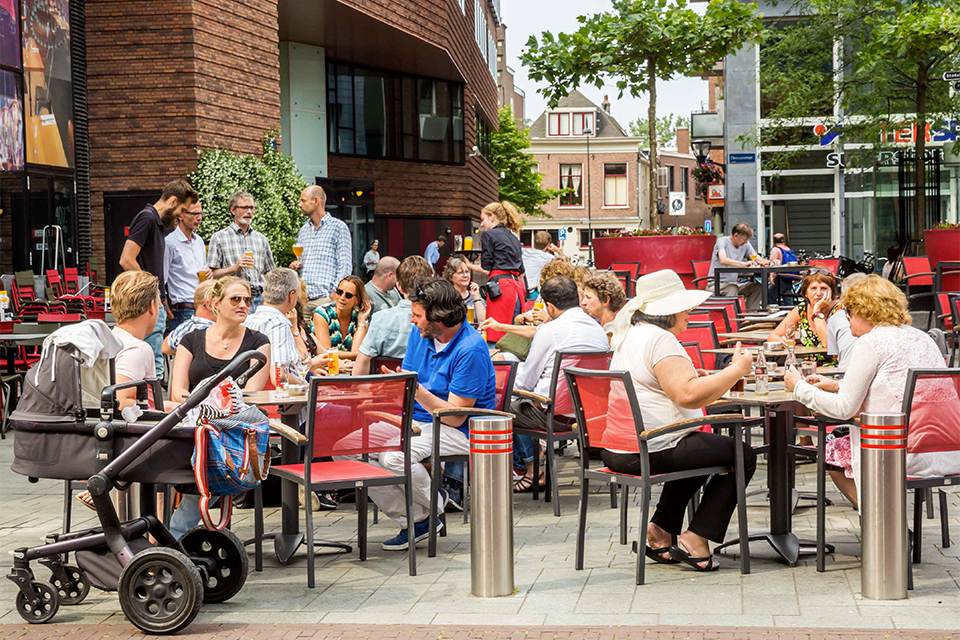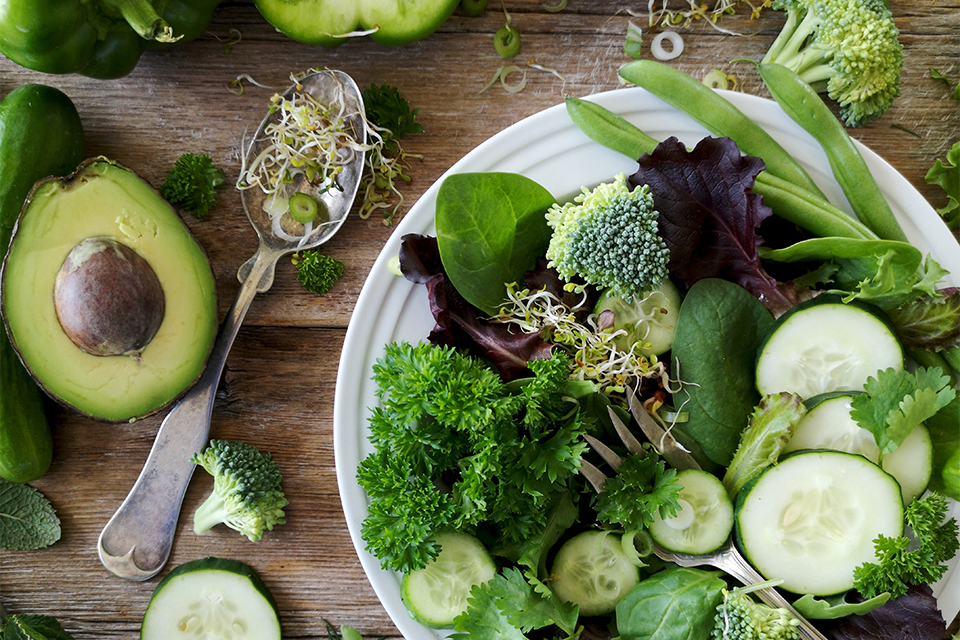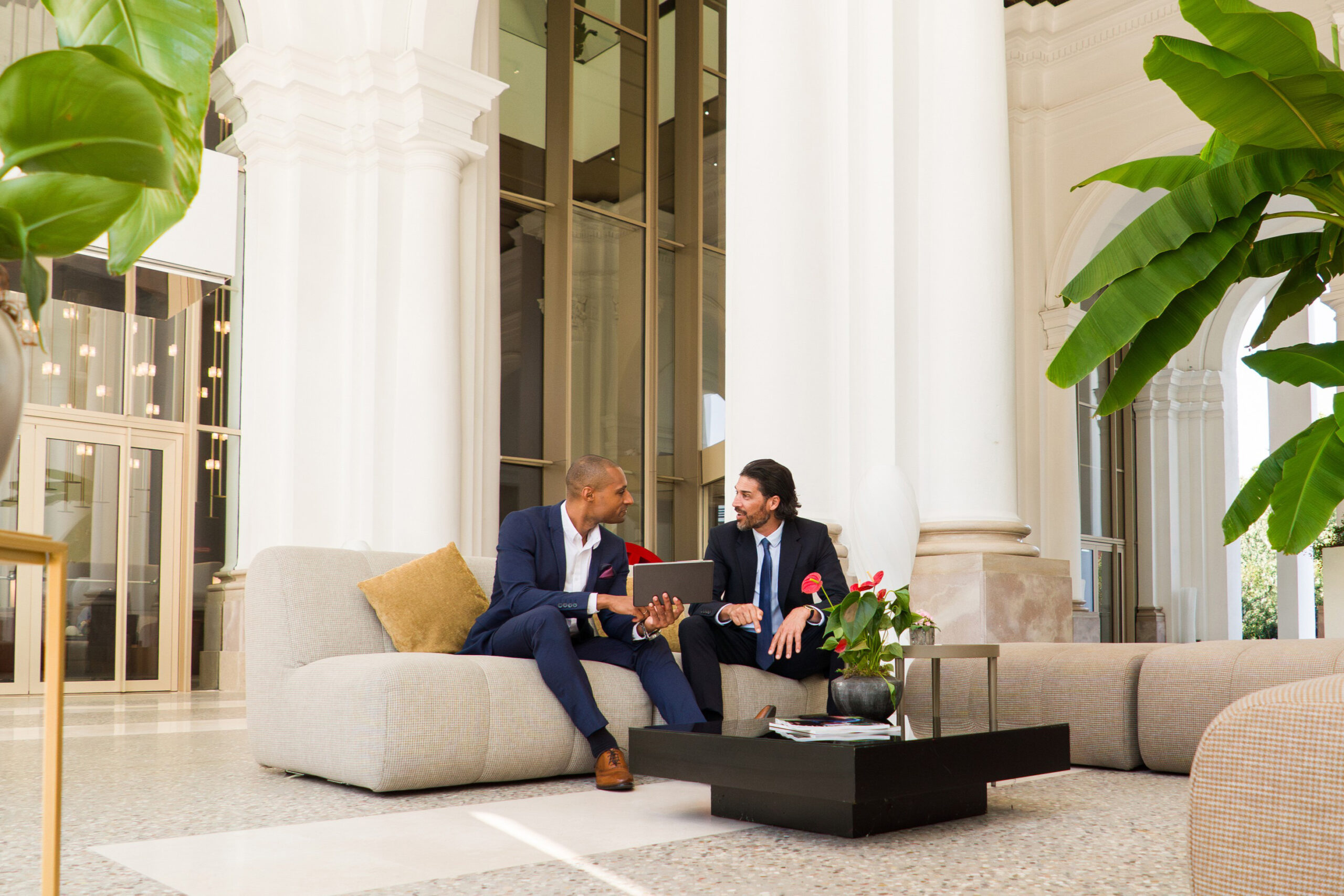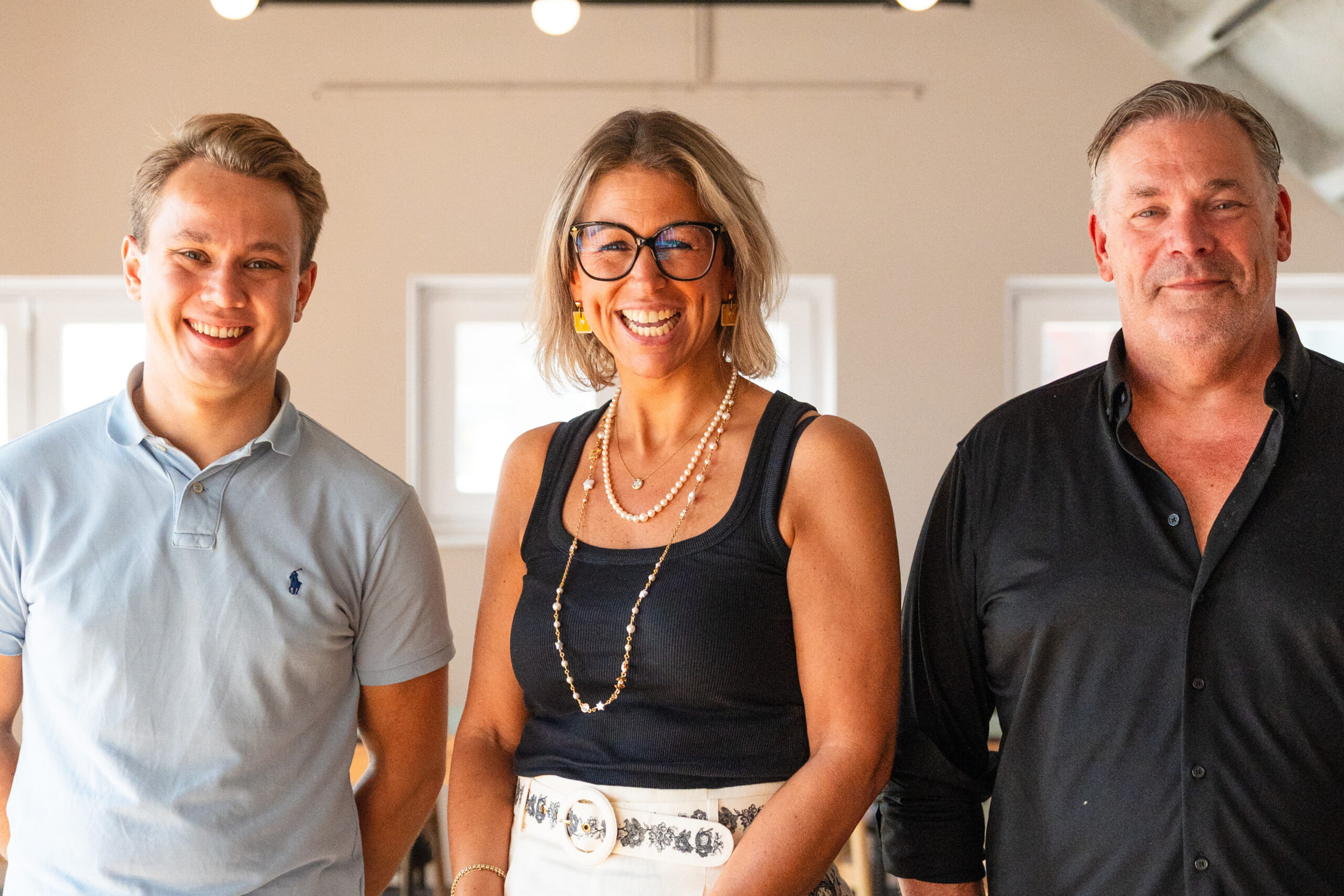
The power of the visitor economy
When it comes to tourists, people quickly think of too many crowds, long queues for hotspots and detracting from what makes a region beautiful. Unjustified, because with visitors appreciating the region also lies the answer to growing the local economy. From hotel stays to sustainable and social initiatives that benefit residents, entrepreneurs, neighbourhoods, villages and towns.
It may start with a hotel stay and a bite and drink on the terrace, but the impact of visitors is much bigger. Think about employment for residents, the space it provides for sustainability and the direct impact on a neighbourhood, city or region. Many visitors appreciate the environment and treat it with respect. And that is precisely the visitor who is of great value.
With this tourist visiting, you as a hotel owner give a boost to the area. The local hospitality industry is happy with the clientele, the shop owner in the village lovingly sells a beautiful product and nature management gets more budget for leaving natural areas in value. Win, win, win. But as a hotelier, how do you make sure this economy picks up even more? By making such a network a bit more solid every time, because that gets noticed by residents, the municipality and local politicians.

Cross-pollination through collaboration
A great example of this is the Green Hotel Club in Amsterdam, which encourages cooperation between hotels on sustainability. The aim is for hotels to be able to sustain themselves without depleting resources, polluting the environment or affecting the ecosystem. Each member hotel has its own sustainable ambition, which is perfect for joining forces.
For great initiatives like this, the more hotels and entrepreneurs join, the stronger you are. Programme manager Femke Moonen-Posthuma describes it best herself: "I am lucky to work with a group of motivated frontrunners within the hotel industry who really take sustainability seriously. During our quarterly meetings, I find it inspiring to hear what is going on, what challenges there are, but especially what successes have already been achieved. You can see the cross-pollination between the hotels emerging, and that's great to see."
Sustainable and social initiatives
The tourism industry is currently at the forefront of sustainability; from circular hotels to conscious purchasing and from sustainable breakfast buffets to waste disposal. It is a succession of clever initiatives, which ensure that a city or region is put well on the map. If you are now thinking "that might be easy in the capital, but how do I make this impact in the region?", InstockMarket is a great example with national coverage. By buying from a sustainable wholesaler, you have a direct impact on CO2 emissions and you can offer guests the best quality. InstockMarket saves products that would otherwise be wasted and, as a hotelier, you contribute directly to this. In April 2025, the wholesaler's counter stood at 3,801,355 million kilos of food saved. Were you to express that in potatoes or sugar, several regions would be too small.

On the social front, the tourism industry is also developing many valuable initiatives. With a project like Room for Change, for example, hoteliers can offer temporary accommodation to homeless people. The security of a hotel room combined with guidance from social partners allows them to (re)build their lives and eventually move on to sustainable housing. In addition, many hotels are the place where employees with a distance to the labour market take their first steps on the job market.
Guest of the future
As a hotelier, do you want to create even more value for your business and environment? Then start by looking at initiatives that are already achieving great results. Gather colleagues in the region and join, for instance, the Food Waste Challenge, with which you actively work on preventing and measuring food waste. Doing so is green for your environment and guests and has a positive impact on your wallet. Because the result at the bottom line is just as important for you as an entrepreneur; if you combat waste, you will see this on the balance sheet in the short term and create a favourable long-term effect. Moreover, sustainable initiatives attract visitors who treat the world with awareness, and there are more and more of them. These visitors appreciate home-grown products, buy from local entrepreneurs and treat the environment and nature with respect. And that is the guest of the future from which the visitor economy and the environment will benefit.
Heeft u vragen over dit artikel, project of product?
Neem dan rechtstreeks contact op met Royal Dutch Catering Association.
 Contact opnemen
Contact opnemen


